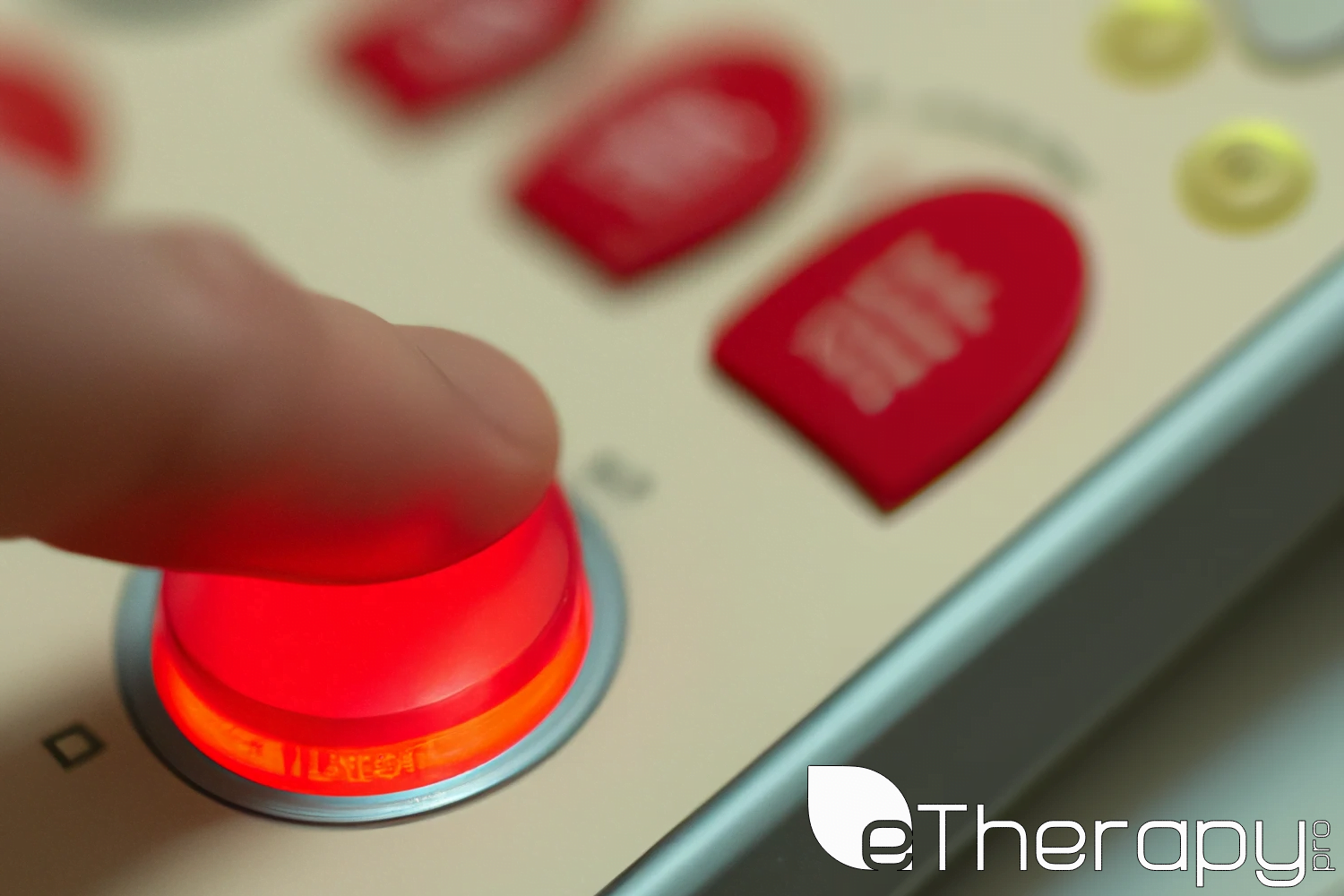 Borderline Personality Disorder (BPD) is a severe mental health condition that can significantly impact an individual’s life. Characterized by extreme emotional reactions, unstable relationships, and impulsive behavior, it requires meticulous attention for diagnosis and management. BPD can be challenging to diagnose because its symptoms often overlap with other disorders. That’s why it’s essential to have a BPD test, a thorough assessment that forms the foundation for an appropriate and effective treatment plan.
Borderline Personality Disorder (BPD) is a severe mental health condition that can significantly impact an individual’s life. Characterized by extreme emotional reactions, unstable relationships, and impulsive behavior, it requires meticulous attention for diagnosis and management. BPD can be challenging to diagnose because its symptoms often overlap with other disorders. That’s why it’s essential to have a BPD test, a thorough assessment that forms the foundation for an appropriate and effective treatment plan.
Understanding BPD and the Importance of Testing
Before we delve into the details of testing, it’s crucial to understand BPD. It’s a mental health disorder characterized by a pattern of instability in moods, behavior, self-image, and functioning. These persistent issues often result in impulsive actions and unstable relationships.
What is Borderline Personality Disorder?
BPD is more than just erratic behavior and mood swings. People living with this condition often experience intense episodes of anger, depression, and anxiety that can last from a few hours to days. These episodes can lead to periods of impulsivity, risky behaviors, and strained relationships. This instability can extend to self-image and self-identity, causing feelings of worthlessness and a distorted self-perception. Understanding these aspects is essential to acknowledge the seriousness of the disorder and the need for a professional diagnosis.
The Role of a BPD Test
The BPD test plays a vital role in diagnosing and managing this disorder. It gives a comprehensive understanding of an individual’s symptoms and behaviors, providing mental health professionals with invaluable insights. If you’re dealing with mental health concerns, seeking professional help is always the right step. Resources like eTherapyPro offer a supportive space, connecting individuals with qualified mental health professionals who can guide them through the testing and diagnosis process.
Recognizing the Symptoms and Triggers for BPD Testing
Identifying the symptoms of BPD can be the first step towards getting help. Recognizing these signs and understanding what triggers the need for a BPD test can be pivotal for individuals living with this disorder.
Signs and Symptoms of BPD
Some common signs and symptoms that might prompt a professional BPD test include:
- Emotional instability: Rapid mood changes, with episodes of intense anger, depression, and anxiety that may last from a few hours to days.
- Impulsive and risky behavior: Spontaneous actions that may result in painful consequences, such as binge eating, reckless driving, or risky sexual behavior.
- Turbulent relationships: Interactions with friends and family that are intense and unstable, fluctuating between extreme closeness and love (idealization) to extreme dislike or anger (devaluation).
- Fear of abandonment: Intense worry about being left alone or abandoned, regardless of the reality of the situation.
- Self-image issues: Distorted and unstable self-image, which affects moods, values, opinions, goals, and relationships.
Risk Factors: Knowing What Might Prompt a BPD Test
Various factors may contribute to the development of BPD, prompting a professional to suggest a BPD test. While these factors do not guarantee the development of BPD, they are strongly linked to an increased risk. In addition, further research suggests that a combination of these factors may significantly contribute to the development of the disorder.
Risk Factors for BPD
Some known risk factors for BPD include:
- Family history: Individuals with a close family member, like a parent or sibling with BPD, may be at higher risk.
- Brain abnormalities: Some studies suggest that people with BPD may have changes in certain areas of the brain that control impulses and emotional regulation, but more research is needed to confirm these findings.
- Environmental, Cultural, and Social Factors: People who experience traumatic life events, such as physical or sexual abuse during childhood or neglect and separation from parents, may be at increased risk of developing BPD.
- Personality and Temperament: Individuals with a difficult temperament, characterized by being more sensitive or emotionally reactive, may also be at a higher risk.
Understanding these risk factors can encourage individuals who identify with them to seek a BPD test, facilitating early identification and intervention.
The BPD Test: What to Expect
Diagnosing BPD isn’t a straightforward process. It involves multiple steps and the expertise of mental health professionals. However, knowing what to expect can make the process less intimidating.
Professional Diagnosis
A BPD test often involves a psychological evaluation and discussion of symptoms, family, and personal history. Psychologists, psychiatrists, and certain other health professionals can diagnose BPD. They conduct an in-depth interview and apply criteria from the Diagnostic and Statistical Manual of Mental Disorders (DSM-5).
Online Self-tests
While online self-tests can provide initial insight into potential symptoms, they are not a substitute for professional diagnosis. These tests should be seen as a preliminary step, guiding individuals toward seeking professional help. eTherapyPro is an excellent resource in this regard, offering access to licensed professionals who can provide further guidance and diagnostic assistance.
Conclusion
Understanding BPD and the necessity of a professional BPD test is critical. This disorder’s complexity highlights the importance of expert involvement in diagnosing and treating BPD. If you identify with the symptoms discussed, consider reaching out to a mental health professional for help. Consequently, with the right diagnosis and treatment, managing BPD can become significantly more manageable.
Your journey towards understanding and addressing mental health concerns is a significant step towards a healthier, happier life. eTherapyPro is here to support you on this path. Once you give me the sentence, I’ll be happy to convert it from passive to active voice.









